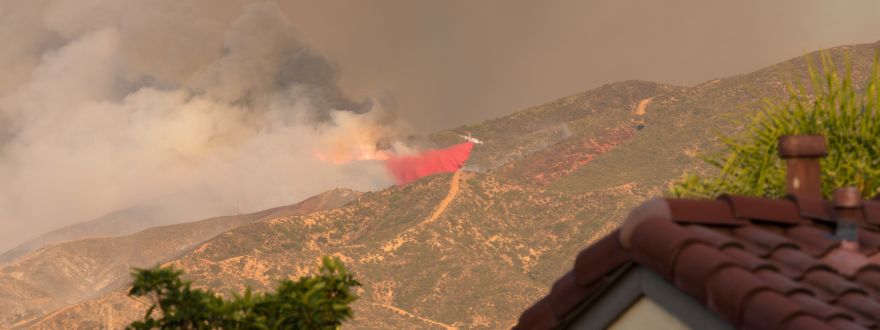
California is at the forefront of a worsening insurance crisis driven by the increasing severity and frequency of wildfires. Between 2020 and 2022, insurance companies in the state declined to renew 2.8 million homeowner policies, with 531,000 of those cancellations occurring in Los Angeles County alone. This trend has forced many homeowners into the California FAIR Plan, the state’s insurer of last resort, which has seen a 164% increase in demand since 2019, now covering approximately half a million policyholders.
The Growing Challenges
The California FAIR Plan provides basic fire insurance for high-risk properties but comes with inflated premiums and limited coverage. For example, residential policies cap coverage at $3 million, which falls short for homeowners in many high-value areas, such as the North Bay and Bay Area, where average home values often exceed $2 million. This cap is particularly concerning as rising costs for materials, labor, and reinsurance inflate the true cost of rebuilding after disasters.
New regulations introduced by the California Department of Insurance aim to encourage private insurers to return to the market by allowing them to factor reinsurance costs into rate calculations. However, this change could lead to premium increases of 40% to 50%, further straining homeowners. Critics argue that these regulations may not guarantee expanded coverage, leaving many Californians without viable options.
Economic and Market Impacts
The insurance crisis extends beyond individual homeowners, significantly affecting California’s housing market. Many buyers are deterred by the high cost of insurance or the inability to obtain policies at all. Real estate experts report declining buyer interest, especially in high-risk areas, as mortgage approvals often hinge on securing adequate insurance coverage. This dynamic is exacerbating an already challenging market marked by high interest rates and property taxes.
Wildfire Risks and Financial Strain
Wildfires in counties such as Sonoma, Napa, and Los Angeles have resulted in estimated insured losses of $30 billion, making some fires among the costliest in U.S. history. The California FAIR Plan’s exposure has skyrocketed, reaching $458 billion for dwellings and $26.6 billion for commercial properties as of September. Analysts warn that the plan is one bad fire season away from insolvency, a concern echoed by state officials and industry experts.
In the event of FAIR Plan insolvency, the financial burden would shift to all California policyholders through assessed charges, a model reminiscent of Florida’s “Hurricane Tax” after Hurricane Ian in 2022. These systemic challenges underscore the precarious state of the home insurance market in California.
The Path Forward
Experts emphasize the need for systemic reforms to address the growing risks associated with climate change. Proposals include federal reinsurance support for FAIR Plans, which could stabilize premiums and enhance coverage, and the creation of an Obamacare-style marketplace to subsidize insurance for low- to moderate-income households. Such measures could provide relief to Californians while incentivizing safer living and building practices in high-risk areas.
As a Sonoma County-based, independent insurance agency, Barber Insurance understands the unique challenges faced by North Bay residents. Our team has over 50 years of experience helping our community navigate the complexities of living in wildfire-prone areas. We are committed to providing personalized advice and solutions to protect your home and livelihood in these uncertain times.
Ultimately, a comprehensive rethinking of how homeowners’ insurance operates is essential to ensure long-term viability. Without significant action, California and other states facing similar crises may be on a path toward an "uninsurable future," where the financial and social consequences of climate-driven disasters become untenable.





